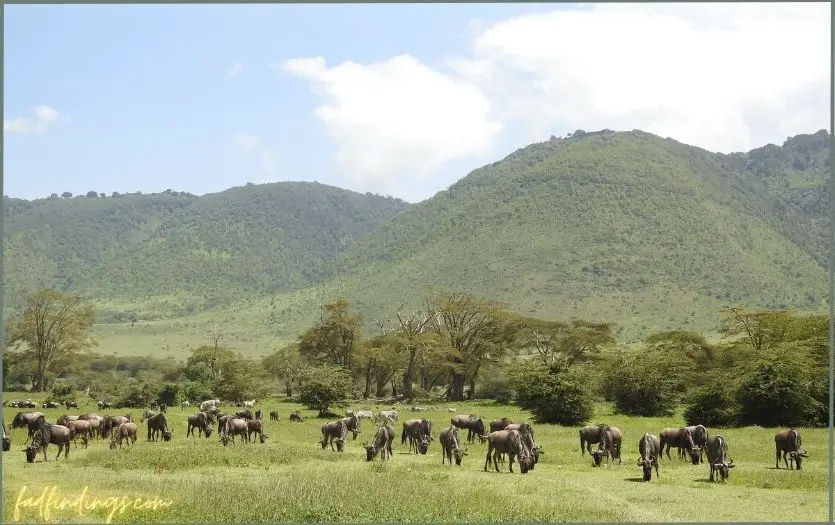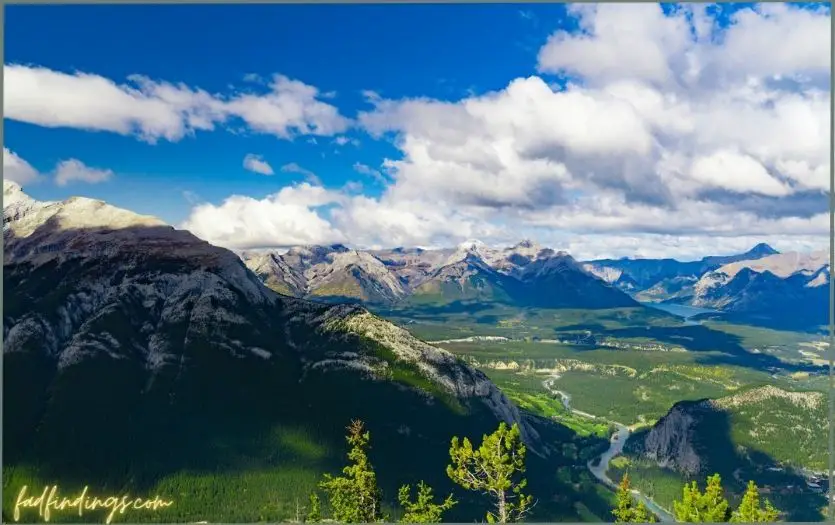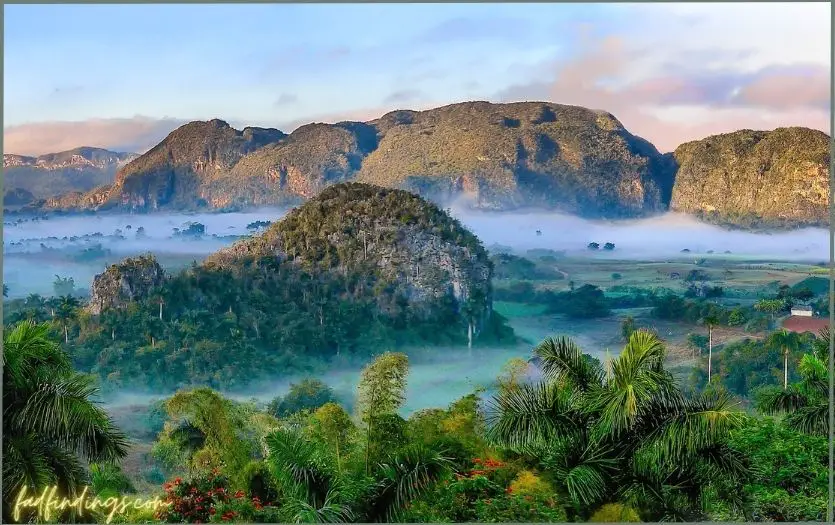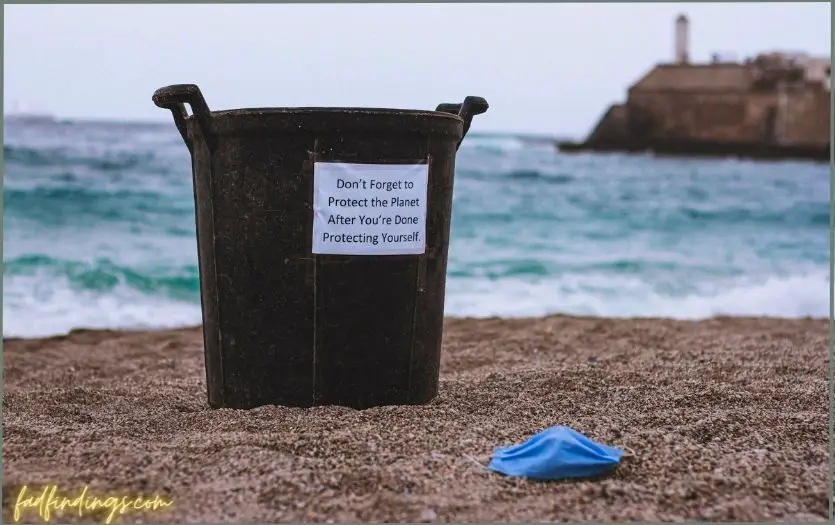Conservation vs Preservation: Understanding the Difference from the Perspective of a Hunter
Conservation and preservation are two terms that are often used interchangeably, but they have distinct meanings. In this article, we will explore the difference between conservation and preservation and their importance in environmental protection.
As hunters, we understand the importance of protecting the environment and preserving our natural resources. However, there are two terms that are often used interchangeably but have very different meanings: conservation and preservation.
While both terms refer to protecting the environment, fundamental differences between them are crucial to understanding.
In this article, we will explore the difference between the conservation and preservation of renewable resources from a hunter's perspective. We will also discuss the importance of each approach in protecting the environment and maintaining sustainable use of natural resources.
Our aim is to provide a comprehensive and informative guide that helps readers understand the key differences between these two approaches.
| Aspect | Conservation | Preservation |
|---|---|---|
| Goal | To use natural resources in a sustainable way that meets current needs. | To protect nature from use, keeping it in its pristine state. |
| Human Activity | Allows for human activity as long as it is sustainable. | Minimizes human activity as much as possible. |
| Examples | National parks where regulated hunting or logging might be allowed. | Wilderness areas where no development or extraction of resources is allowed. |
Understanding Conservation

The concept of conservation has been present since ancient times, and even though it has evolved into a separate branch of science, the goal remains essentially the same: the sustainable and wise use and management of natural resources while also protecting resources for future generations.
What does conservation emphasize
The focus is on managing and maintaining the use to sustain resources such as forests, wildlife, and water resources in a responsible manner. This approach recognizes that humans depend on natural resources for their survival and well-being.
Conservationists believe in using resources in a way that maintains the balance of nature, ensuring that the ecosystem is not permanently damaged. The goal is to manage natural resources in a way necessary to sustain resources that allow for sustainable use without compromising the ability of future generations to use them.
Understanding Preservation

On the other hand, preservation is a more restrictive approach that emphasizes protecting natural resources in their original state. This means that natural resources are not used for commercial or recreational purposes. The focus is on protecting natural areas, wildlife, and other resources for their intrinsic value rather than for their economic or social value.
Preservationists believe that renewable resources can replenish indefinitely if left alone under the right circumstances. So, the natural environment should be protected from human intervention, and natural areas should be preserved in their natural state.
What does preservation emphasize
This approach emphasizes the protection of rare or endangered species, biodiversity, and unique habitats. Preservationists are concerned with protecting the environment for its own sake rather than sustaining resources for future human use.
While preservation is important for protecting rare and endangered species, it can often lead to negative consequences such as overpopulation and habitat destruction.
For example, if a population of whitetail deer is not properly managed, it can lead to overgrazing and damage to the ecosystem. This can have a trickle-down effect on other species within the ecosystem, ultimately leading to a decline in overall health. It is important to note that preservation is not always the best approach for managing natural resources.
| Aspect | Conservation | Preservation |
|---|---|---|
| Definition | Responsible use of natural resources to protect the environment | Protection of the environment from harmful human activities |
| Focus | Management and wise use of natural resources | Keeping nature undisturbed and safe |
| Environmental Impact | Minimizing negative impact through sustainable practices | Preserving nature in its original state |
| Approach | Utilitarian | Ecocentric |
| Examples | Sustainable forestry, wildlife management | National parks, wilderness areas |
How Hunters Can Contribute to Conservation
As hunters, we have a unique perspective on the importance of wildlife conservation. We understand that responsible hunting can contribute to the sustainable use of natural resources while also protecting wildlife populations for future generations. Hunters play an important role in wildlife conservation and can help manage wildlife populations, prevent overpopulation, and maintain the balance of nature.
Hunters also contribute to conservation through funding. Hunting licenses and fees are used in many countries to fund conservation programs and research. Hunters also contribute to the economy through their purchases of hunting equipment, gear, and supplies, which in turn can support local communities and conservation efforts.
Importance of Conservation
By placing restrictions on taking game and fixing the official hunting season, we are able to prevent the over-harvesting of game species and maintain healthy populations.
Additionally, conservation efforts such as habitat restoration and reforestation help to create and maintain healthy ecosystems for wildlife to thrive in. This is especially important for game species, as they require specific habitats and food sources to thrive.
Conservation also benefits non-game species, such as songbirds and small mammals, by protecting their habitats and food sources. Many of these species are important parts of the ecosystem and contribute to its overall health. By ensuring that their habitats are protected, we are also protecting the ecosystem as a whole.
Furthermore, conservation efforts can bring about economic benefits to the local communities by promoting ecotourism. Ecotourism is a type of tourism that involves visiting natural areas in order to learn about and appreciate the environment.
By promoting ecotourism, we can help to create jobs and stimulate the local economy while also promoting the wise use and management of renewable resources.
The Importance of Preservation for Hunters

While hunters may prioritize the sustainable use of natural resources, we also understand the importance of preserving natural areas and wildlife for their intrinsic value. As hunters, we are responsible for protecting wildlife and natural habitats, not just for our consumptive use but for the enjoyment of future generations.
While not compatible with hunting, preservation is still an important approach to protecting natural areas and ecosystems. Many national park service areas and wildlife refuges are designated preservation areas where human activity is limited or prohibited. These areas serve as important refuges for wildlife and help to maintain biodiversity.
However, some protected areas can serve as critical habitats for game species. These areas can also provide important recreational opportunities for hunting, fishing, and other outdoor activities.
Conservation vs. Preservation: Finding the Right Balance
Conservation and preservation have different objectives. Conservation focuses on the responsible use of natural resources to ensure their availability for future generations. Preservation seeks the protection of natural areas from human activities that may cause harm.
While conservation and preservation may seem like opposing approaches, both are necessary for protecting the environment and natural resources. Conservation is important for managing natural resources in a sustainable way, while preservation is important for protecting natural areas and wildlife for their intrinsic value.
Finding a balance between conservation and preservation is crucial for maintaining a healthy ecosystem and sustainable use of natural resources. This balance requires cooperation and collaboration between hunters taking the game down, conservationists, preservationists, and other stakeholders.
While protecting and preserving rare and endangered species is important, it is also important to ensure that there are healthy populations of game species for future generations to enjoy.
Utilizing both conservation and preservation principles, we can create a sustainable future for our natural resources for future generations.
Conservation - Gifford Pinchot (First Chief of the United States Forest Service)
Preservation - John Muir (Founder of the Sierra Club)
Final Thoughts
Conservation and preservation are two approaches to environmental protection that have distinct meanings and implications. Conservation focuses on the sustainable use and management of natural resources, while preservation focuses on protecting natural and cultural resources from human interference.
Both preservation and conservation are important for protecting biodiversity, ecosystem services, cultural heritage, and economic benefits.
By understanding the difference between conservation and preservation, we can work together to achieve sustainable and responsible environmental protection.
Some other informational articles that you might like:


